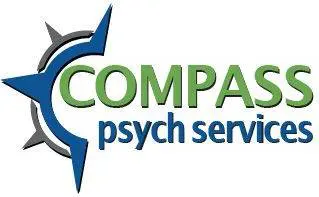Find Out More About ADHD vs Anxiety/Depression
ADHD vs Anxiety/Depression
Is it ADHD , Anxiety or Depression?
Children with anxiety disorders will usually start showing symptoms by 6 to 12 years of age while being frequently underdiagnosed and undertreated.
Confusing the picture of whether or not it is anxiety or ADHD is the fact that generalized anxiety disorder (GAD) and inattentive presentation of ADHD clinically show much the same symptoms of inattention, leading to frequent misdiagnosis (e.g., ADHD is misdiagnosed as anxiety and vice versa).
And although both anxiety disorders and ADHD manifest similar symptoms of inattention, there are important distinctions to be made between these two disorders, especially in regard to providing effective treatment for symptoms.
To understand if you or your child is experiencing ADHD, Anxiety, Depression, or a combination of these mental health conditions, contact us to schedule an evaluation.
Anxiety
Stress, Anxiety, and Overwhelming Thoughts
Sometimes life feels like more than you can handle.
You may feel:
• Tense, worried, on edge
• Irritable, restless
• Under pressure
• Unable to focus and concentrate
You may observe that your anxiety is having repercussions in your work, school, relationships and you are avoiding situations or activities you used to enjoy. You may also have tried solutions that didn't go well.
In therapy, we will develop your awareness around what triggers these feelings and the reasons hidden beneath these unwanted and painful emotions. We will use this awareness to develop tools you can use to overcome them.
Depression
Depression, Sadness, and Hopelessness
When these feelings take over, there’s a dark cloud over your daily life.
If you’re experiencing:
• Self-hatred or believing you’re not worthy of being loved.
• Fear of losing approval, recognition or love from people you care about.
Or if you are:
• Punishing yourself for not being perfect.
• Believing things won’t get better.
• Thinking you’re a failure if you don’t meet incredibly high standards.
We can find explanations for why you think, behave, and feel the way you do. Together, we can understand where these emotions come from, and set realistic expectations that you can meet and feel proud of. Once you understand the mistaken foundations of your beliefs, you can find relief from that relentless pain.
